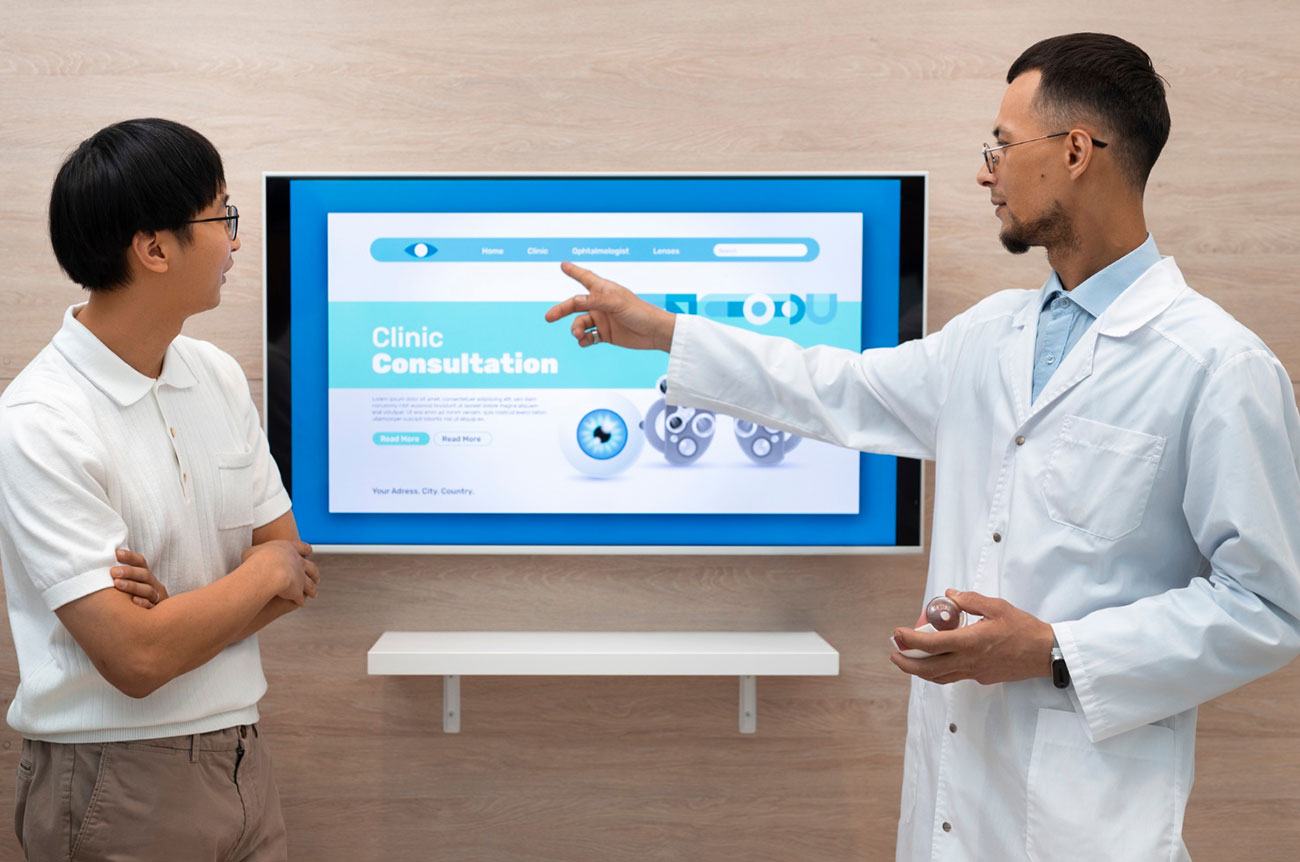
Posted On October 13, 2024
The Role of Healthcare IT Consulting in Facilitating Seamless Software Upgrades
Understanding Healthcare IT Consulting
Healthcare IT consulting involves experts who specialize inintegrating technology into healthcare systems. These consultants offerstrategic advice and hands-on support to ensure that technology upgrades areimplemented smoothly, improving efficiency and patient care. Their role iscrucial in navigating the complexities of healthcare technology and achievingsuccessful software transitions.
Key Challenges in Healthcare Software Upgrades
Upgrading healthcare software presents several challenges. Theseinclude managing data migration, ensuring system compatibility, andmaintaining compliance with regulations. Additionally, minimizing disruptionsto daily operations and ensuring that staff are adequately trained on newsystems can be challenging. Addressing these issues effectively is vital for asuccessful upgrade.
Why Upgrading Healthcare Software is Essential
Upgrading healthcare software is essential for several reasons.Newer software versions often come with improved features, enhanced security,and better support for emerging technologies. Upgrades help healthcareorganizations stay compliant with industry standards, improve patientoutcomes, and streamline operations. Keeping software up-to-date ensures thathealthcare providers can offer the best possible care.
The Role of IT Consultants in Smooth Transitions
IT consultants play a key role in facilitating smooth softwareupgrades. They assess the current system, plan the upgrade process, and managethe implementation. Their expertise helps in identifying potential issuesbefore they arise, ensuring that the transition is as seamless as possible.Consultants also provide training and support to staff, helping them adapt tonew systems quickly and effectively.

Strategies for Effective Software Upgrade Management
Effective management of software upgrades involves severalstrategies. First, thorough planning and risk assessment are crucial. ITconsultants create detailed upgrade plans, including timelines and resourceallocation. Regular communication with stakeholders ensures everyone isinformed and prepared. Post-upgrade, ongoing support and monitoring help inaddressing any issues that may arise and ensuring the system performsoptimally.
How IT Consultants Ensure Minimal Disruption
Healthcare IT consultants play a crucial role in ensuring thatsoftware upgrades cause minimal disruption to daily operations. By carefullyplanning and executing upgrades, they minimize downtime and maintain servicecontinuity. This includes detailed scheduling to avoid peak hours andemploying strategies to handle any potential issues promptly. Their expertisehelps in smoothly integrating new systems without interrupting patient care orother critical functions.
The Importance of Customised Upgrade Solutions
Each healthcare facility has unique needs, and one-size-fits-allsolutions often fall short. IT consultants provide customized upgradesolutions tailored to the specific requirements of a healthcare provider. Thispersonalization ensures that the upgraded software meets the facility’soperational needs, integrates seamlessly with existing systems, and enhancesoverall efficiency. Customized solutions also address any specific challengesor constraints the facility might face, leading to a more effective upgradeprocess.
Training and Support During Software Transitions
Effective training and support are essential for a smooth softwaretransition. Healthcare IT consultants offer comprehensive training programs toensure that staff are familiar with the new software and can use iteffectively. Additionally, they provide ongoing support to address any issuesthat arise during and after the transition. This support helps staff adaptquickly, ensuring that the new system is used to its full potential and thatany problems are resolved efficiently.
Best Practices for Data Migration in Healthcare
Data migration is a critical aspect of software upgrades inhealthcare settings. IT consultants follow best practices to ensure that datais accurately and securely transferred to the new system. This involvesmeticulous planning, data validation, and testing to avoid data loss orcorruption. Proper data migration practices are vital for maintaining theintegrity of patient records and other essential information during theupgrade process.
Managing Compliance and Security During Upgrades
Healthcare facilities must adhere to strict compliance and securitystandards. IT consultants help manage these aspects during software upgradesby ensuring that all systems comply with relevant regulations, such as HIPAA.They implement robust security measures to protect sensitive data throughoutthe upgrade process, minimizing the risk of breaches and ensuring that the newsoftware meets all regulatory requirements.
Conclusion
Healthcare IT consulting is vital for facilitatingseamless software upgrades in the healthcare sector. By addressing the challenges of data migration, system compatibility, and staff training, IT consultants ensure that upgrades enhance efficiency and patient care. Their strategic planning and support contribute significantly to the successful implementation of new technologies, ultimately benefiting healthcare organizations and their patients. For more insights into how IT consulting can assist with software upgrades, visitsmartData Inc..
